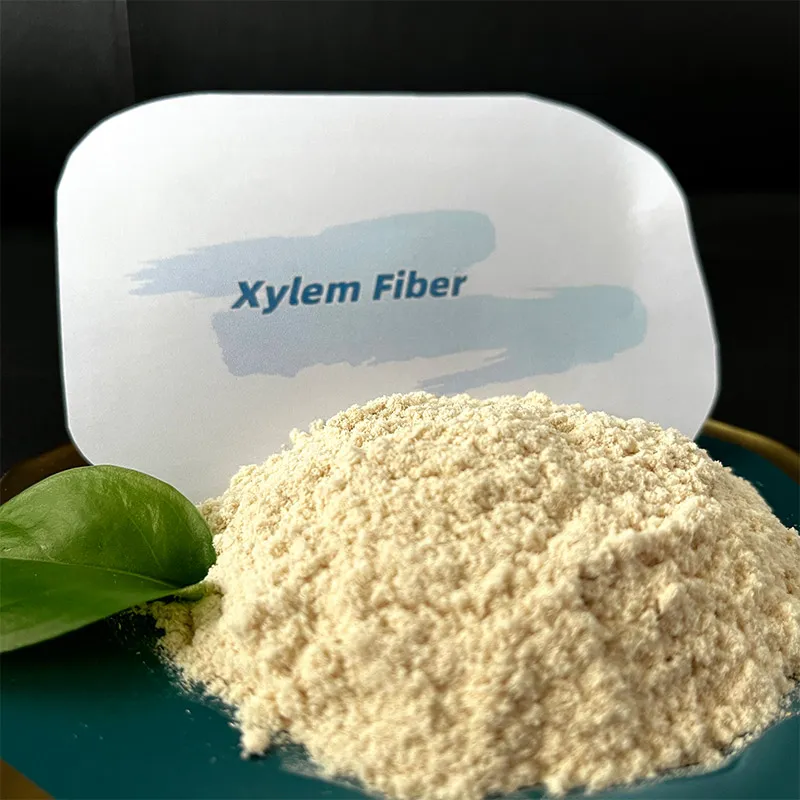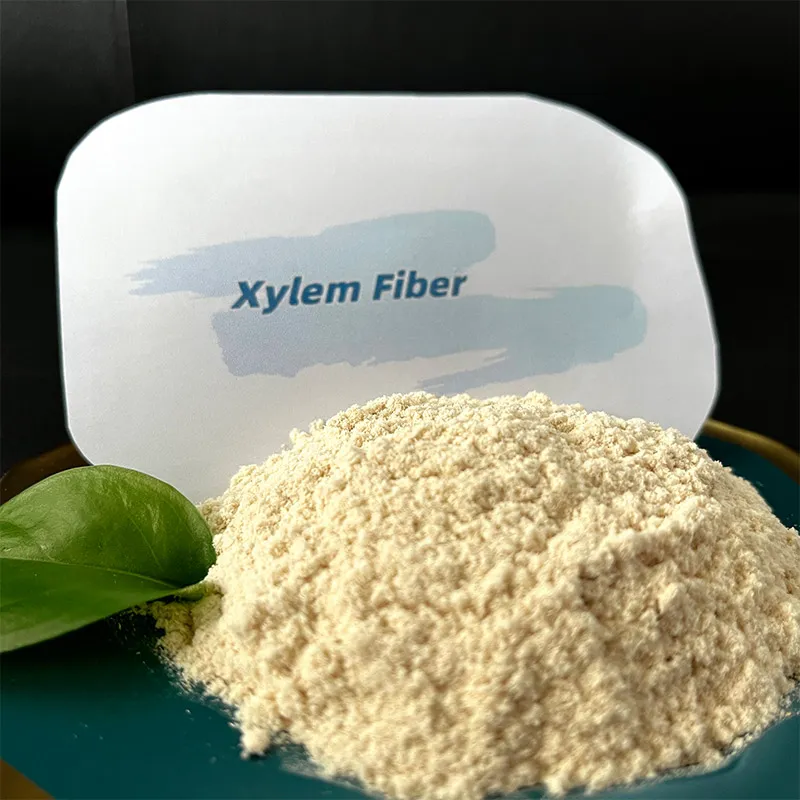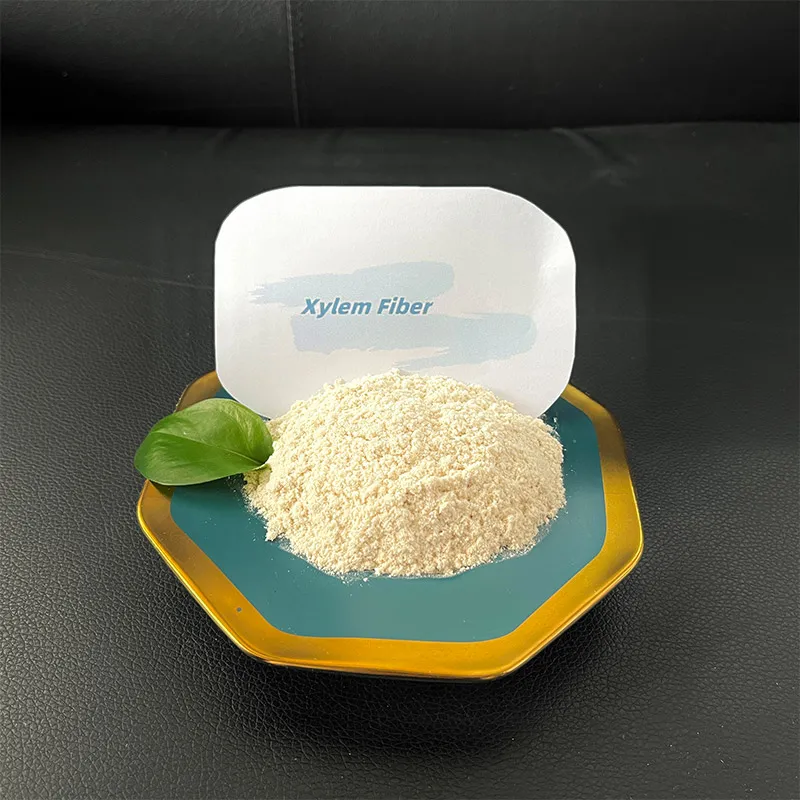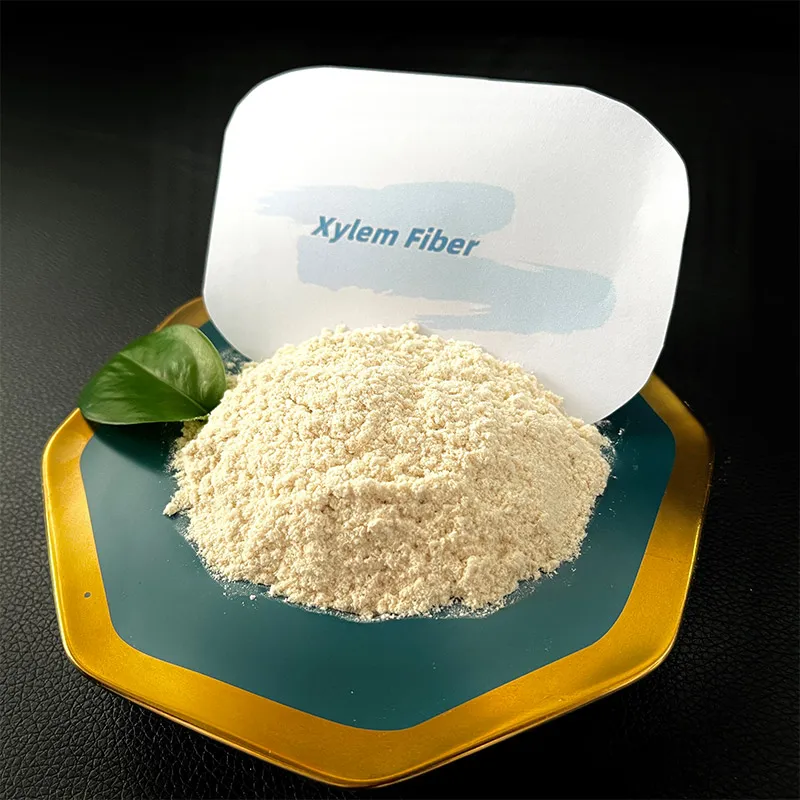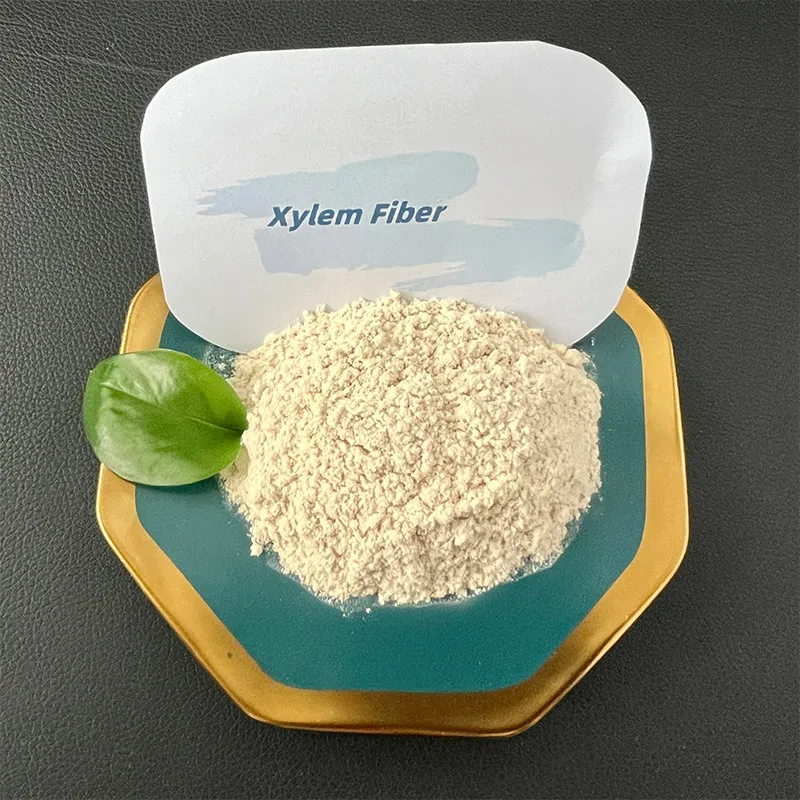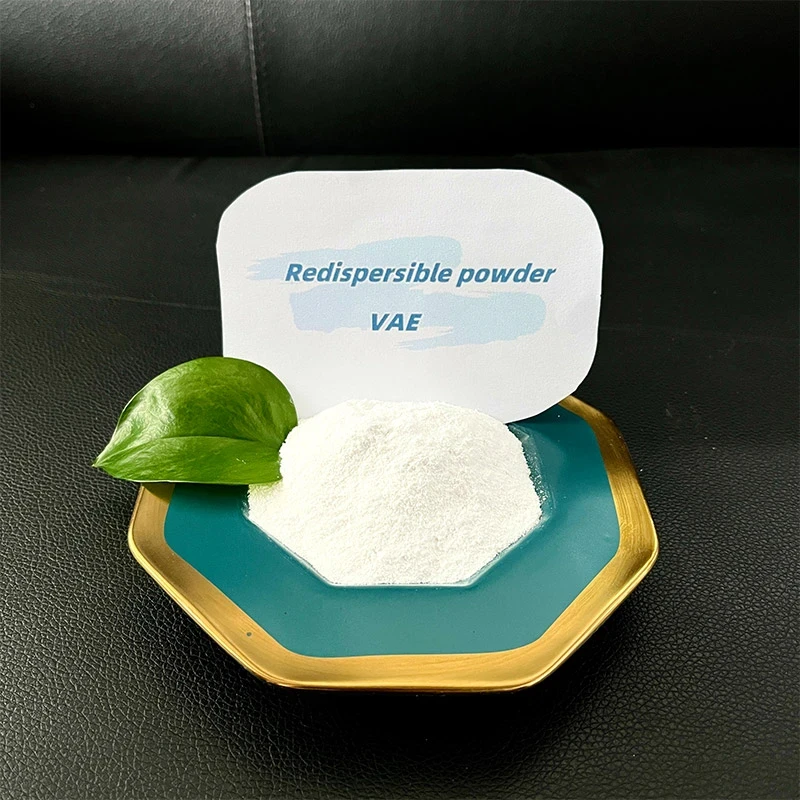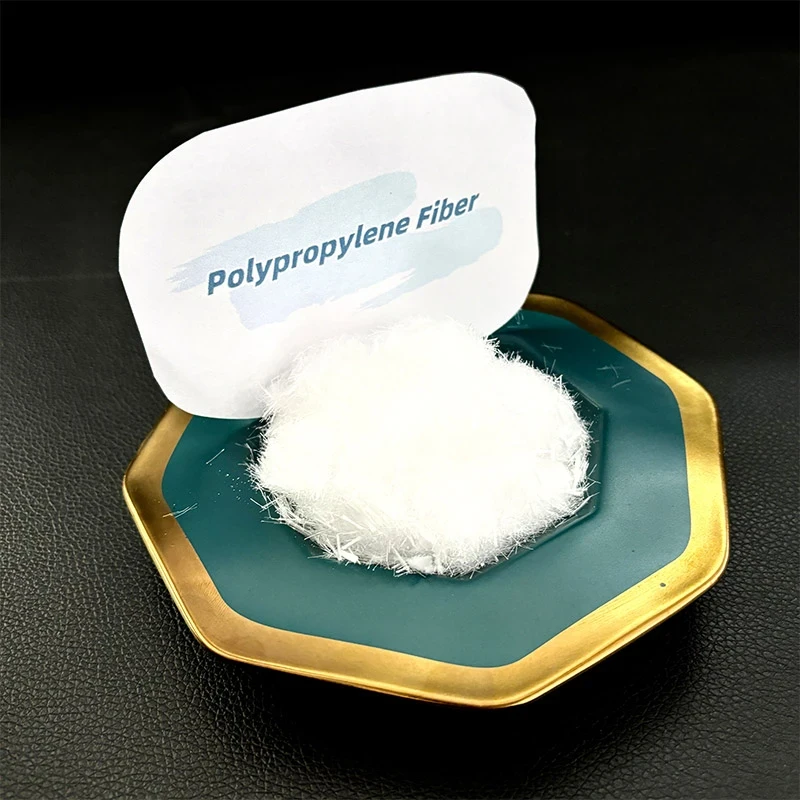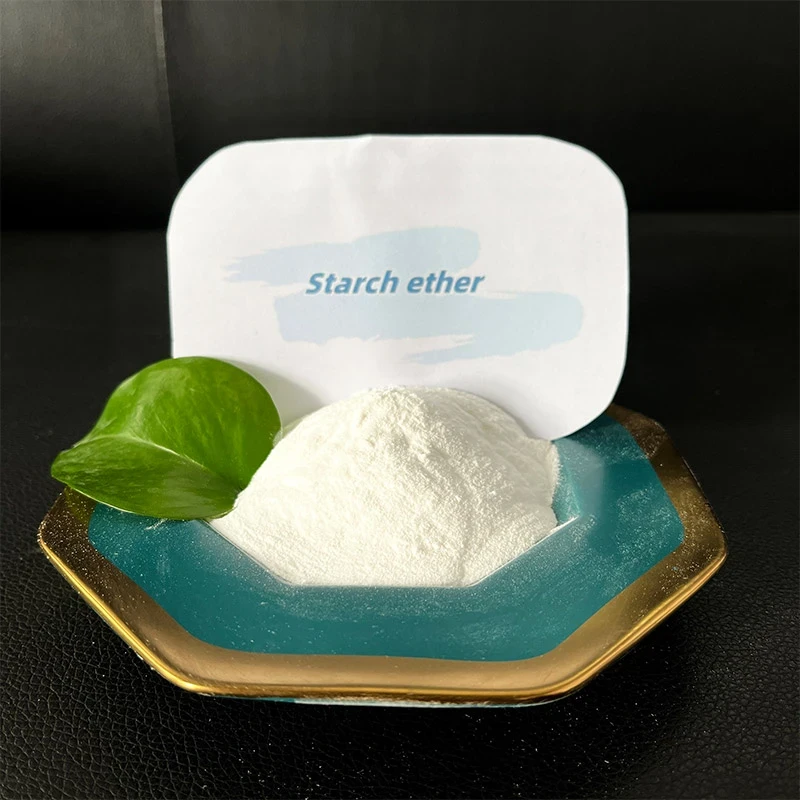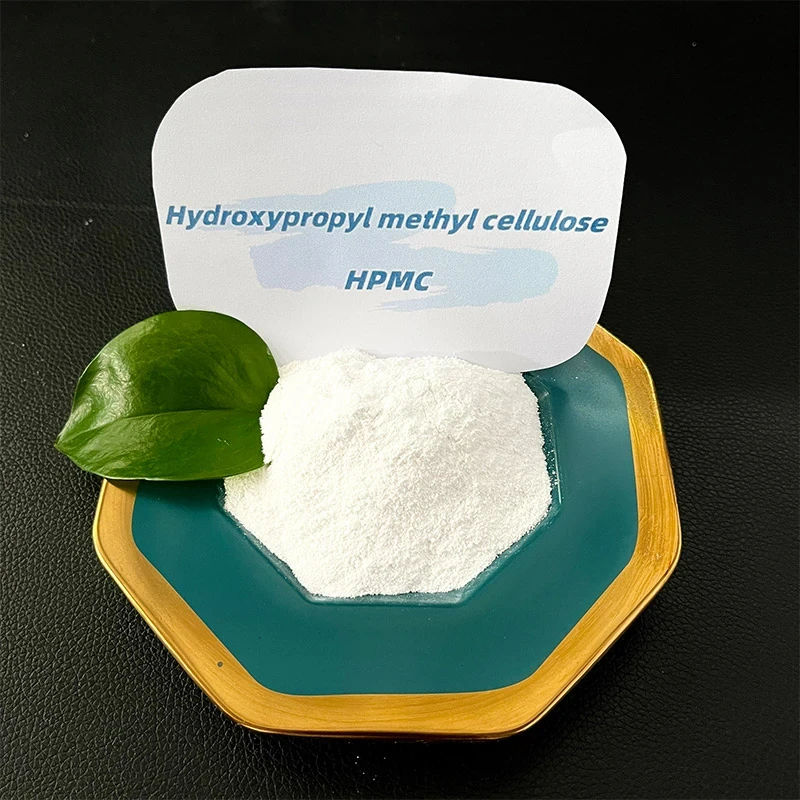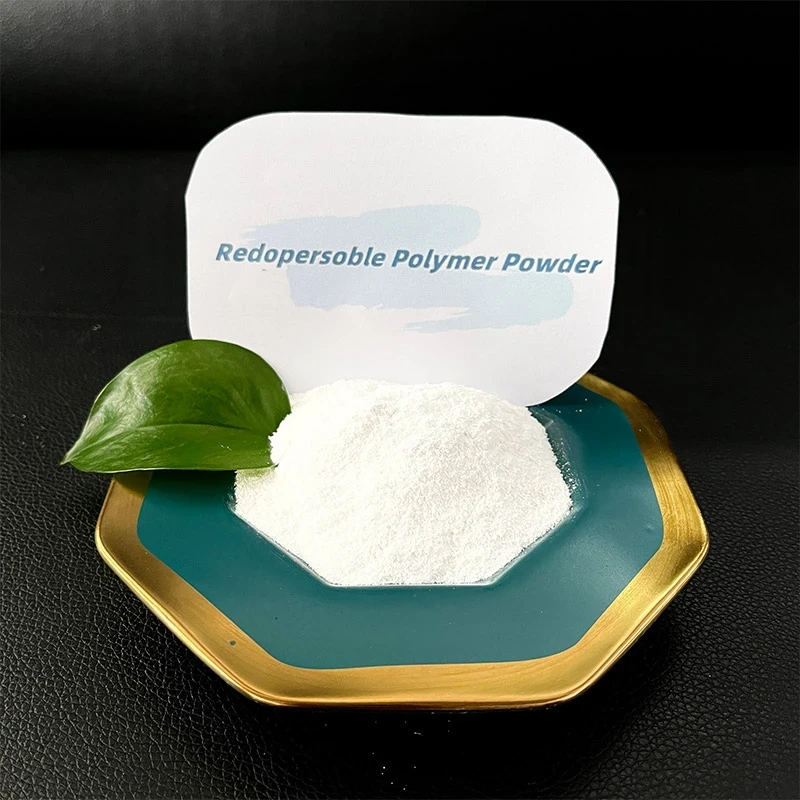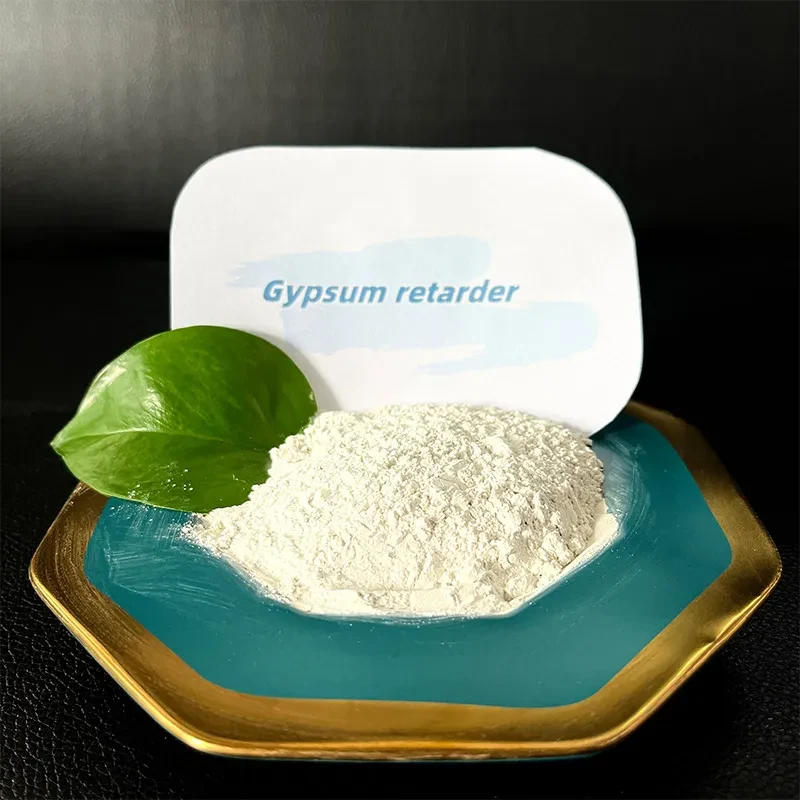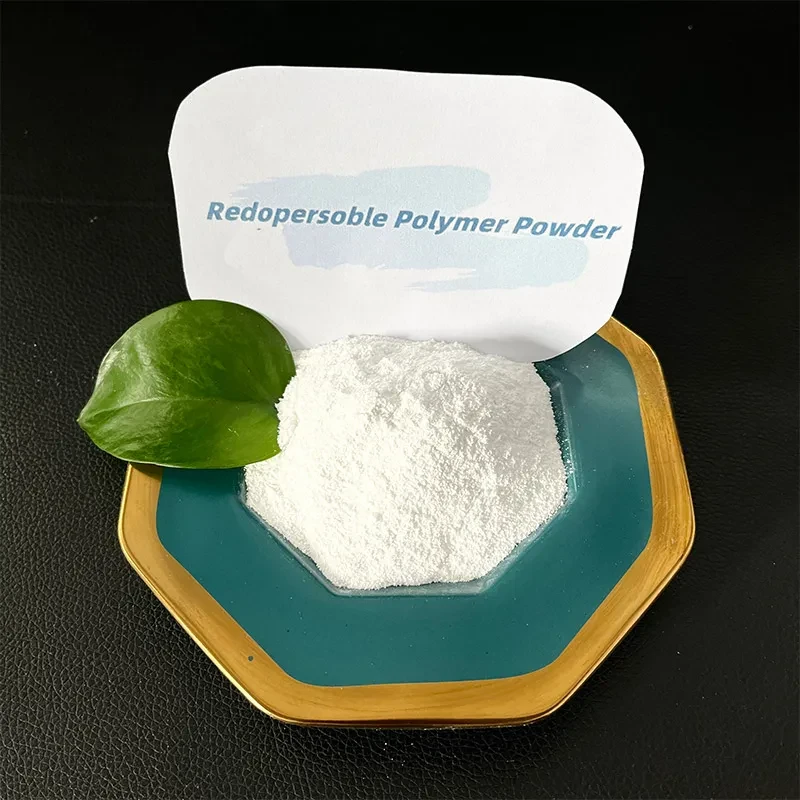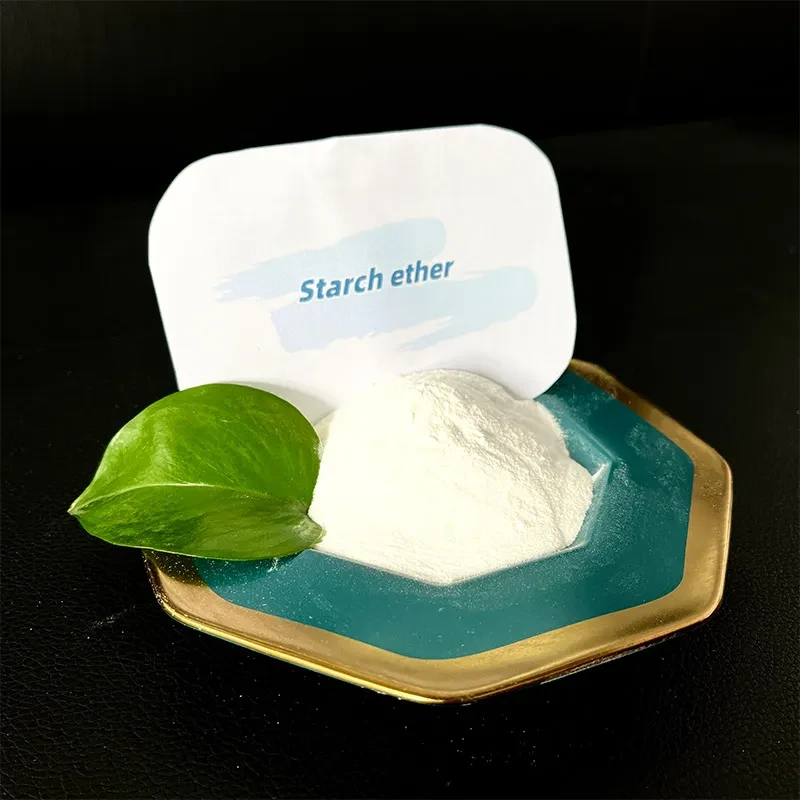Xylem Fiber
Xylem fiber, a natural and renewable resource derived from wood, has gained significant attention in various industries due to its eco-friendly attributes and versatility. This organic flocculent fiber material undergoes a series of chemical treatments and mechanical processing, transforming it into a high-quality product that is suitable for an array of applications. In the construction sector, xylem fiber plays an essential role, particularly in enhancing the properties of concrete and mortar mixes. Its incorporation into these materials not only improves their strength and durability but also contributes to environmental sustainability by reducing the amount of traditional raw materials needed. Additionally, xylem fiber’s unique characteristics make it an invaluable component in the production of gypsum products, wherein it enhances the structural integrity and workability of the final product. The fiber’s absorbent properties also lend themselves well to the manufacturing of wood pulp sponges, offering a biodegradable alternative in various cleaning and household applications. Furthermore, its utility extends to the asphalt industry, where xylem fiber acts as a reinforcing agent, improving the resilience and longevity of asphalt roads. In the manufacturing of medium density fiberboard (MDF), xylem fiber serves as a key ingredient, enabling the production of sturdy and sustainable building materials that are increasingly being adopted in the home-building sector. As the demand for environmentally friendly building materials continues to rise, the use of xylem fiber aligns seamlessly with the overarching goals of sustainability and responsible resource management. The widespread application of this wood-derived fiber not only showcases its adaptability but also emphasizes the importance of integrating renewable resources into modern manufacturing processes. With its multifunctional properties, xylem fiber is poised to become a staple in industries that prioritize ecological responsibility while also seeking to improve product performance. The ability to leverage this natural resource effectively paves the way for innovative product development across various sectors, and its potential is only beginning to be tapped. As industries evolve and shift towards more sustainable practices, the continued exploration and utilization of xylem fiber will be paramount in driving these efforts forward. In addition to its practical applications, the cultivation and processing of xylem fiber also promote responsible forestry practices, thereby supporting ecosystem balance and contributing to the fight against climate change. By harnessing the potential of xylem fiber, manufacturers can reduce their carbon footprint while providing high-quality products that meet consumer demands. The versatility and renewability of xylem fiber make it a crucial player in the transition towards greener technologies and practices, reinforcing the importance of innovation in sustainability. As the landscape of manufacturing and construction continues to adapt, xylem fiber stands out as a prime example of how natural resources can be effectively integrated into modern applications, offering economic, environmental, and social benefits. The emphasis on such fibers not only highlights their capability in enhancing existing products but also showcases their role in the development of entirely new materials that cater to the evolving needs of the market. Thus, xylem fiber represents not just a material choice but a commitment to sustainable development and the responsible stewardship of natural resources.
